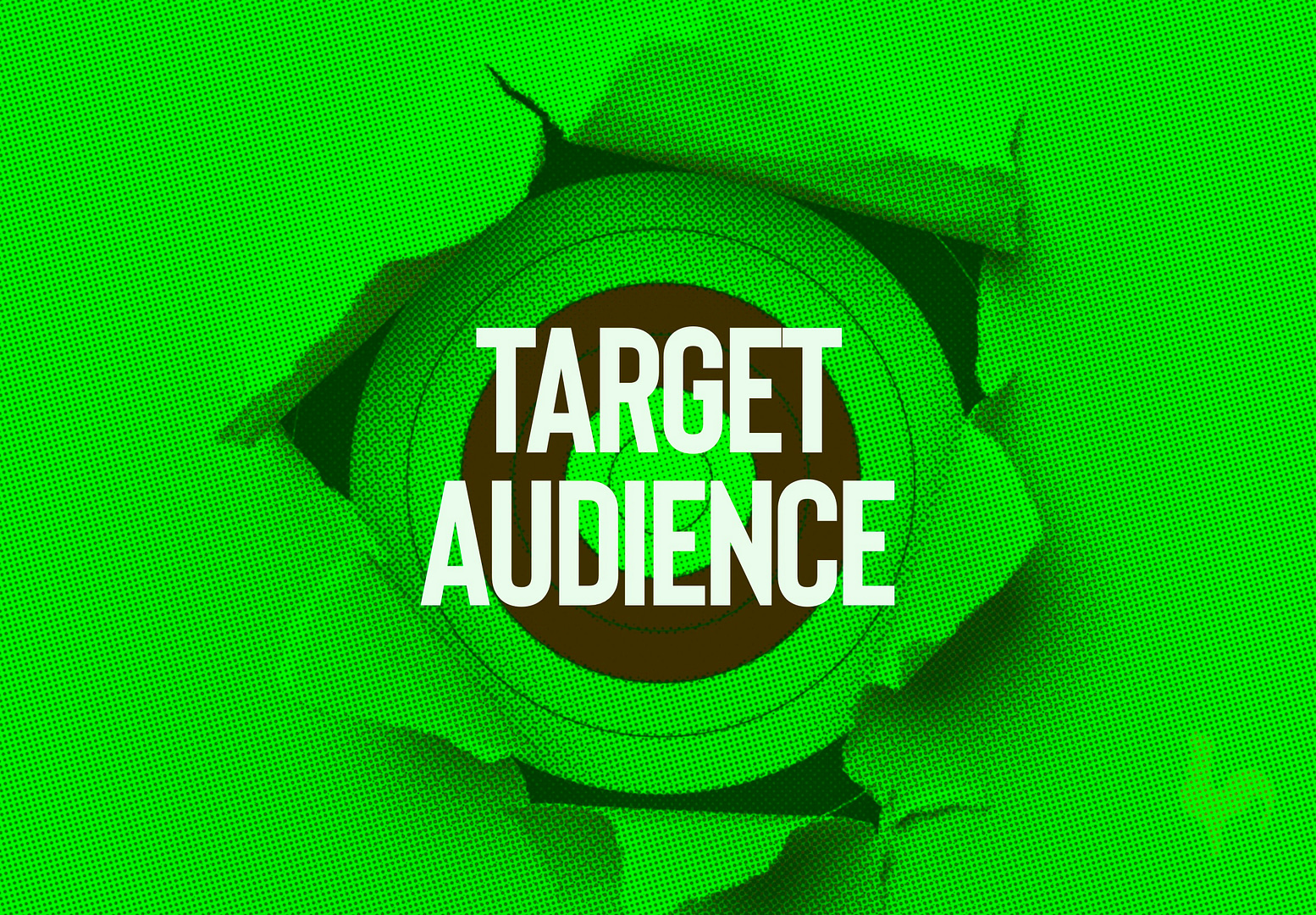Understanding Target Audience: A Brief
The concept of a target audience is the cornerstone of any marketing strategy. But what precisely is a target audience, you ask?
In a nutshell, a target audience is a specific group of people who are most likely to be interested in your product or service. They share certain attributes, such as demographics, purchasing behaviours, or specific interests and needs.
Techniques to Pinpoint Your Target Audience
One can pinpoint their target audience through a variety of methods, such as market research, surveys, or by scrutinising their competitors.
Why Recognising Your Target Audience is Critical
Recognising your target audience is like possessing a compass in the wilderness of the marketplace. But why is it so essential, you may wonder?
Boosting Sales and Conversion Rates
When you know who your potential customers are, you can tailor your products or services to meet their specific requirements. This improves the likelihood of conversions and, ultimately, bolsters your sales.
Enhancing Marketing Activities
Recognising your target audience enables you to enhance your marketing activities. It guides where you should advertise, what messaging to utilise, and how to communicate effectively.
Cultivating Superior Customer Relationships
Understanding your audience aids in cultivating superior relationships with your customers. When you know their needs and interests, you can provide better customer service, leading to higher satisfaction rates.
Real-Life Examples of Understanding Your Target Audience
An array of successful businesses, like Apple or Nike, are a testament to how understanding your target audience can make or break your venture.
Target Audience Vs. Target Market
Whilst they sound similar, the target audience and target market aren’t interchangeable. The target market is a broader category of potential customers, while the target audience is a niche group within that market with specific needs and interests.
Tactics to Engage Your Target Audience
Engaging your target audience requires strategic efforts that resonate with them.
Personalisation and Customisation
Personalising your marketing efforts based on your audience’s preferences can significantly boost engagement rates.
Social media offers an interactive platform to engage with your audience, receive their feedback, and build lasting relationships.
Creating valuable content that meets your audience’s needs and interests can enhance engagement and foster loyalty.
Tracking and Measuring Your Audience Engagement
Tools like Google Analytics can help track and measure how well your strategies are engaging your target audience.
Evolving with Your Audience
Just as your business evolves, so does your audience. Regularly updating your understanding of your target audience is crucial to stay relevant and successful.
Conclusion
In the ever-competitive business world, knowing your target audience is not an option; it’s a necessity. It drives sales, optimises marketing, and cultivates strong customer relationships, underlining its importance in any business strategy.
FAQs
What is a target audience?
A target audience is a specific group of people who are most likely to be interested in your product or service.
Why is knowing your target audience important?
Knowing your target audience is critical as it helps boost sales, optimise marketing efforts, and cultivate better customer relationships.
How can I identify my target audience?
You can identify your target audience through methods such as market research, surveys, or scrutinising your competitors.
What’s the difference between the target audience and the target market?
The target market is a broader category of potential customers, whilst the target audience is a niche group within that market with specific needs and interests.
How can I engage my target audience?
You can engage your target audience through personalisation, social media engagement, and implementing a robust content marketing strategy.







